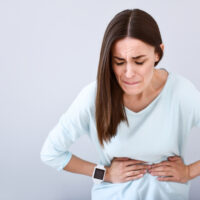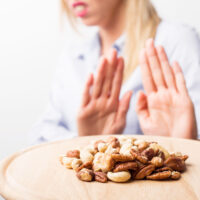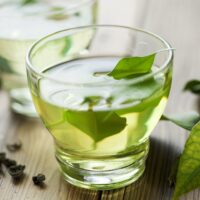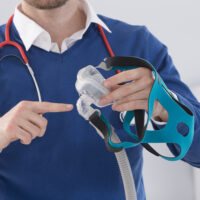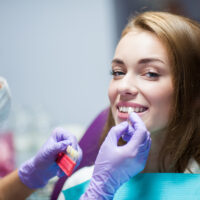
Commonly Asked Questions About Hepatitis C
Commonly asked questions about hepatitis C Hepatitis is a condition that affects the liver. It may occur as a result of an infection; however, there are some factors that can also cause hepatitis. Liquor, certain prescription medications, and even injury can cause hepatitis. Be that as it may, there are specific infections that can cause hepatitis to remain for quite a while, known as constant hepatitis. This disease can even prompt liver failure and even death. Viral hepatitis is caused by an infection. There are four types of this kind of hepatitis: hepatitis A, hepatitis B, and hepatitis C and delta hepatitis. The most terrifying of out of these is hepatitis C. What is hepatitis C? Hepatitis C infection (HCV) is the most widely recognized blood-borne disease. Hepatitis C infection contaminates liver cells, causing harm to the liver tissues. Hepatitis C represents the larger part of what was alluded to in the past as non-A, non-B hepatitis. It causes up to around 19,000 deaths each year because of serious liver disease and malignancy How does hepatitis C spread? Hepatitis C is spread through human blood. There is a large number of individuals that are infected with hepatitis C due to the use of certain medications.
Read More 